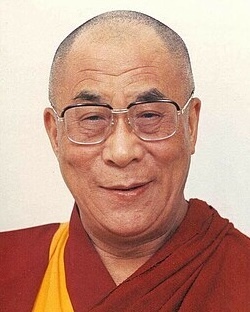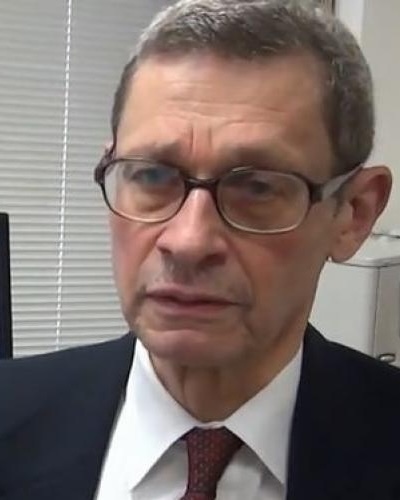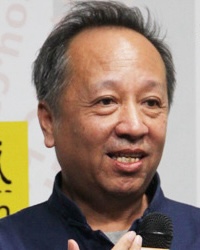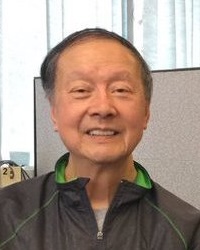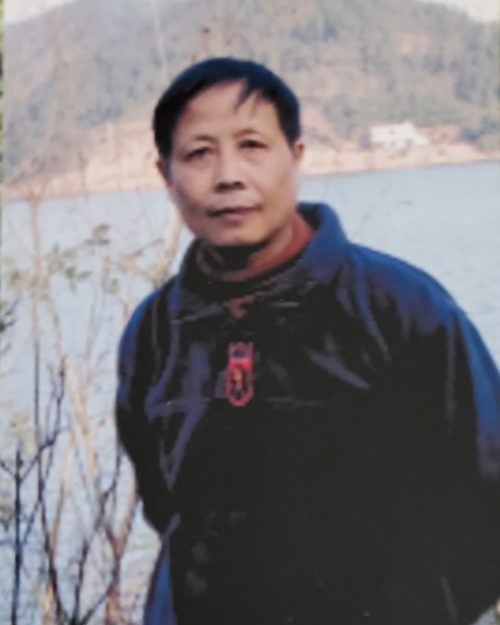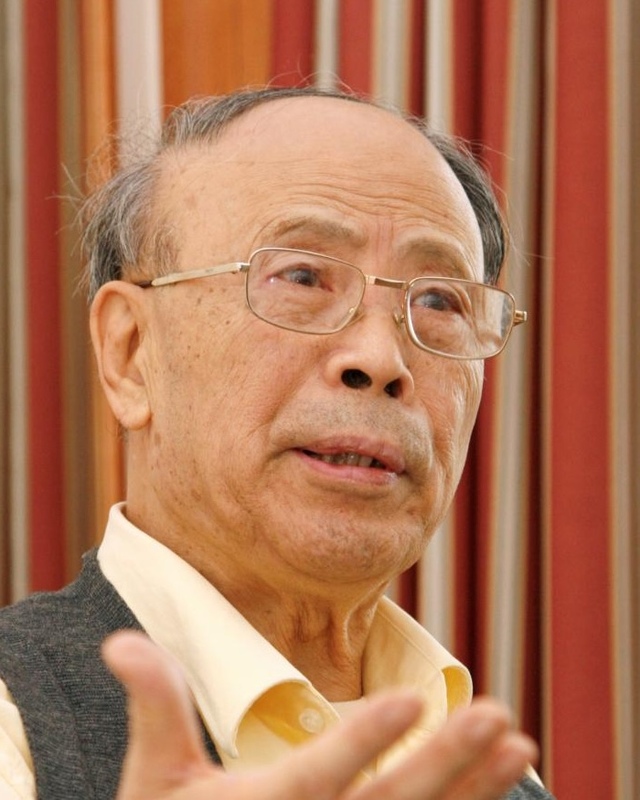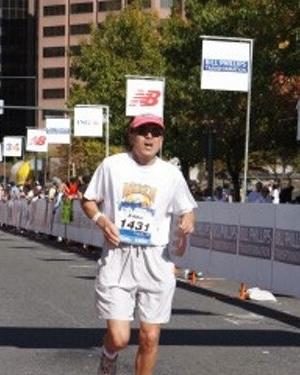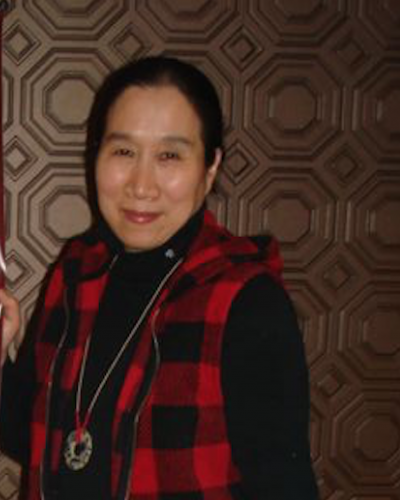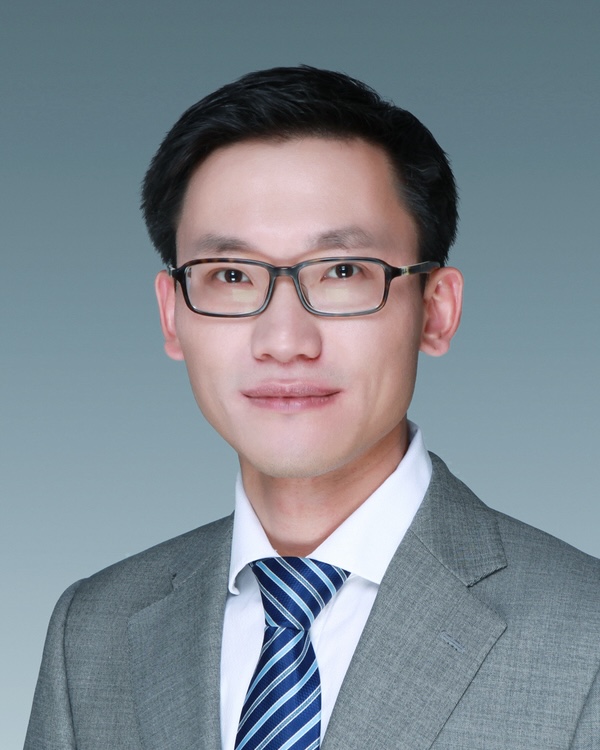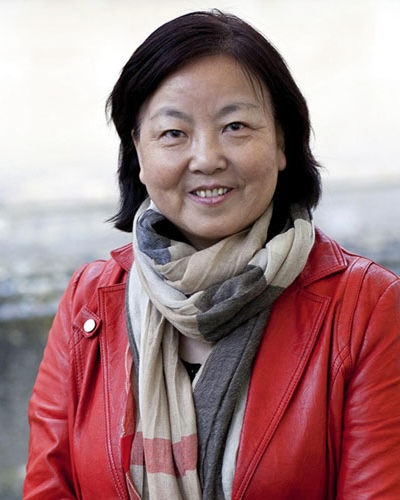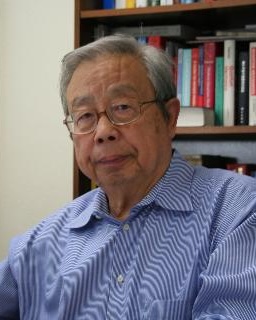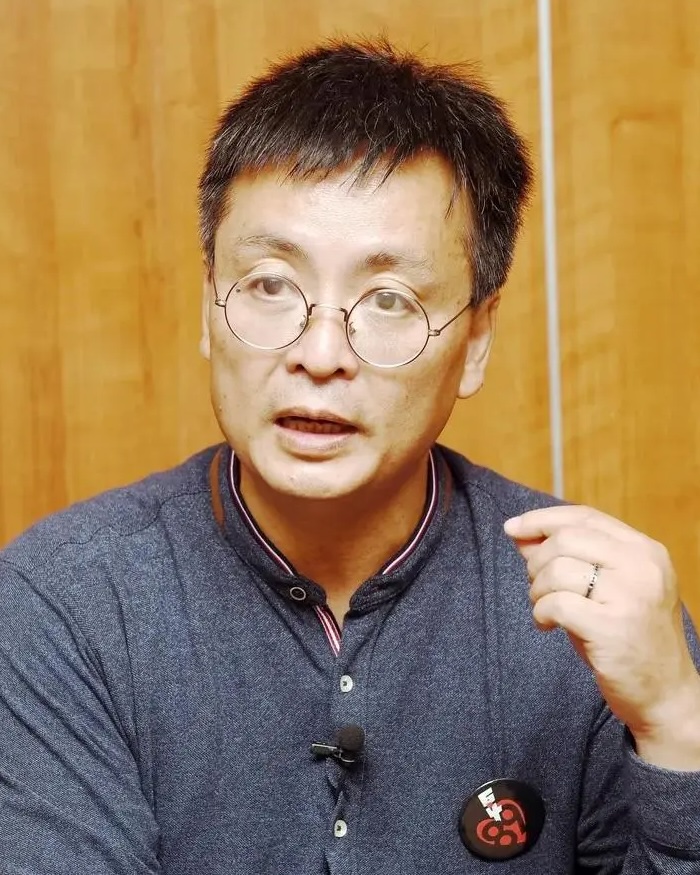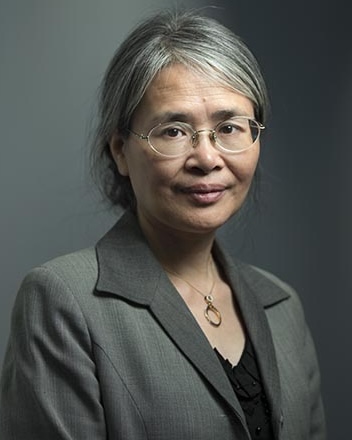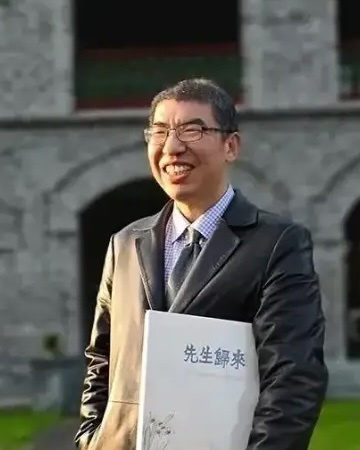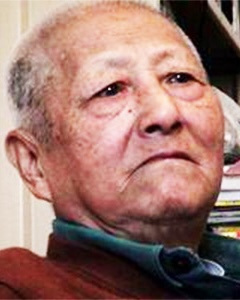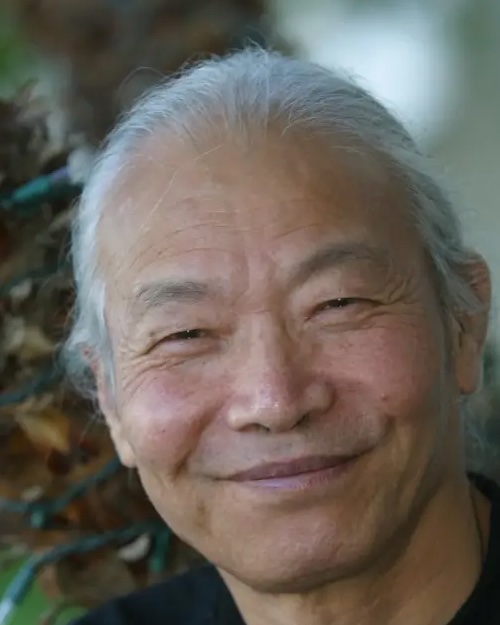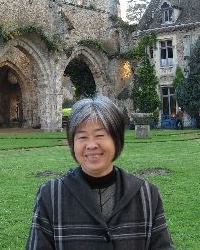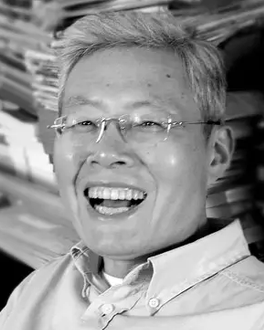Explore the creators
Showing 229 creators in the collection
229 creators
Ding Shu
Ding Shu (1944- ), originally from Dongtai, Jiangsu Province, is a writer. Born in 1944 in Hechuan, Sichuan Province, Ding moved with his family to Shanghai after the war against Japan and was admitted to Tsinghua University in 1962. During the Cultural Revolution, Ding was sent down to work at the Danyang Lake Farm in Anhui Province. In 1970, he went to Liaoning Province to work at a research institute; in 1979 he was admitted to the Graduate School of the Chinese Academy of Sciences, and in the following year went to the United States to study at the City University of New York. In 1990, he began teaching at the Normandale Community College, Missouri, and retired in 2016. In his spare time, he engages in research on contemporary Chinese history, and is the author of <i>Man-made Disasters: The Great Leap Forward and the Great Famine</i>, and <i>Open Conspiracy: The Complete Story of the Anti-Rightist Campaign</i>.
Dong Fu
Dong Fu (pen name of Wang Dongyu), was born in 1951. His father was a veteran CCP cadre who was earlier a member of the underground party and later in charge of economic policy. In 1969, Dong Fu went to the countryside as a send-down youth, and in 1970 he enlisted in the army, where he served as a press officer, and later as an editor of the Chengdu Military Region's *War Flag* newspaper. After the Cultural Revolution, he studied in the Journalism Department of Sichuan University, later became the director of the editorial office of the *Ethnicity and Nation* magazine, and has been engaged in writing ever since.
Eddie Cheng
Cheng E(1964-), graduated from the Department of Physics of Peking University in 1984, went to the United States to study in 1986, received his Ph.D. degree from the Department of Physics of Pennsylvania State University in 1990, and then did post-doctoral research at Ohio State University, the University of Paris, and the University of California (Berkeley). He has worked as a computer software engineer since 1996. In his spare time, he occasionally writes about popular science and history. In the early 1980s, Cheng experienced and participated in the pro-democracy movement in the Peking University campus. Since 1999, he has used his spare time to collect and organize historical materials about the 1989 democracy movement, and wrote and published *Standoff at Tiananmen*, a narrative history-style book detailing the movement. The book was originally written in English and published in 2009, and was later translated into Chinese by Cheng. The English version can be purchased [here](https://www.barnesandnoble.com/w/standoff-at-tiananmen-eddie-cheng/1017856719).
Fan Ziying
Fan Ziying (1981-) is a scholar of finance and economics. Fan earned his PhD in economics from Fudan University, and is currently a professor and dean of the School of Public Economics and Administration at Shanghai University of Finance and Economics. Fan has long been engaged in research on public finance and development economics, and has published many papers in prominent academic journals both at home and abroad, as well as a number of commentaries in various financial media outlets.
Fan Ziying has used theories of economics to analyze the Great Famine in China and has published several papers, including “Several Comments on the Research of the Chinese Great Famine,”“Why Did the Great Famine Happened in the Main Grain-Producing Areas?” and "Why Did the Great Famine End in 1962?.”
Feng Congde
Feng Congde (March 5, 1966-), a native of Sichuan Province, was one of the student organizers of the 1989 democracy movement. Feng was admitted to Peking University in 1982 and after graduation was admitted to the Institute of Remote Sensing of Peking University in 1986 to pursue a postgraduate degree. During the 1989 democracy movement, he was a standing committee member of the Peking University Preparatory Committee, the chairman of the Beijing Students' Autonomous Federation, as well as the deputy commander of the Tiananmen Square Hunger Strike Group and of the Defend of Tiananmen Square Headquarters, which placed him on the Chinese government's 21 most wanted list. Feng and his wife Chai Ling, who was also a student organizer wanted by authorities, fled to France in 1990 after 10 months of hiding in China. Feng studied religious sciences at Sorbonne Paris, where he received his master's and doctoral degrees. In August 2005, he started to work at Human Rights in China in New York, and he resigned in 2008 to work as a web database designer in the Bay Area.
Feng founded the [Tiananmen Massacre Memorial website](https://www.64memo.org/), and was a co-founder of the web-based Tiananmen University of Democracy (seems no longer operating), and is currently a board member of the China Foundation for Education for Democracy. He is currently a director of the China Democratic Education Foundation. He has written and published *Conflict of Tiananmen: An Insider Account of June 4 of June Fourth and A Tiananmen Journal*.
Gan Cui
Gan Cui (1932-2014) joined the People's Liberation Army in 1949 and the Chinese Communist Party in 1954. After the founding of the People's Republic of China, Gan worked as a reporter for the newspaper *Wan County News* in Wan County, Sichuan Province, and was admitted to the Department of Journalism of the Renmin University of China in 1955. In 1958, Gan was labeled a Rightist and expelled from the Party. While he was subjected to supervised labor on campus, he met and became romantically involved with the poet Lin Zhao. Upon his graduation in 1959, Gan requested to stay close to Lin Zhao, but instead he was exiled to a labor camp in Xinjiang for 20 years. (Lin was later arrested and executed in 1968; see separate entry.) In 1979, Gan was rehabilitated, resumed his Party membership, and returned to Beijing. He then worked at the CCP Propaganda Department of the Chinese Academy of Social Sciences (CASS), and later at the Institute of Literature of the CASS, before retiring in 1992. He died due to illness on October 23, 2014.
During the 1989 democracy movement, Gan went to the Tiananmen square daily to observe, record and collect materials. In the same year, he wrote a book entitled *The Soul of Peking University: From Lin Zhao to the 1989 Democracy Movement*, which was published in Taiwan in 2010, linking his memories of Lin to the June Fourth uprising. To inform the public about Lin Zhao, Gan also transcribed Lin’s most famous letter in prison – the 140,000-character “*A Letter to the Editorial Board of People's Daily*”, participated in the making of a statute of Lin, and provided full support to research on Lin, including helping independent filmmaker Hu Jie to produce a documentary about Lin and supporting Zhao Rui in writing *The Saint on the Altar: Lin Zhao Biography*.
Gao Ertai
Gao Ertai (b. October 15, 1935), a native of Gaochun, Jiangsu Province, is a painter, writer, aesthetician, and philosopher. He graduated from Jiangsu Normal College in 1955, and was assigned to a middle school in Lanzhou, Gansu Province, where he worked as an art teacher. He was labeled a Rightist in 1957 for his thesis "On Beauty," which argued that beauty was subjective and up to individual free will to determine–a position that ran contrary to Communist Party orthodoxy, which says that beauty is an objective fact that is determined by the artist's political attitude.
Gao was then dismissed from his job and was exiled to the Jiabiangou labor camp in Jiuquan, Gansu Province, for re-education through labor. His father was also persecuted and died during the Anti-Rightist Campaign. In 1959, he was sent to Lanzhou to create a propaganda painting for the Gansu Provincial Museum, and escaped having to spend the Great Famine in Jiabiangou, where most inmates died of starvation. In the spring of 1962, he was released from re-education through labor and went to work at the Research Institute on Dunhuang Cultural Relics. When the Cultural Revolution broke out in 1966, he was persecuted for his writings on philosophy and art during his time at Dunhuang, and was put to work in the “cowshed” (a makeshift prison for intellectuals who were labeled class enemies) on the site of the Institute. His wife was implicated and exiled to work in a rural area, and died of illness there. From 1972 to1976, he was sent to the May Seventh Cadre School in Jiuquan for re-education through labor again. After his rehabilitation in 1977, he taught at Lanzhou University, and later worked at the Institute of Philosophy of the Chinese Academy of Social Sciences, Sichuan Normal University, Nankai University, and Nanjing University.
In 1987, he was persecuted during the Anti-Bourgeois Liberalization Movement; his daughter was disqualified from admission to a university. She was later diagnosed with schizophrenia, and died a few years later. In 1989, following the Tiananmen uprising, Gao Ertai was arrested at Nanjing University for incitement of counter-revolutionary propaganda. He was released in 1990 but continued to be persecuted. He left Chengdu for Hong Kong on July 11, 1992 through “Operation Yellowbird" (a Hong Kong-based operation following Tiananmen to help Chinese dissidents escape arrest by facilitating their departure overseas via Hong Kong). He arrived in the United States in 1993. He lived in New Jersey and now lives in Las Vegas.
As an independent intellectual, Gao Ertai promotes the pursuit of human emancipation, respect for human dignity and freedom, and questions the legitimacy of the one-party rule.
Gao Hua
Gao Hua (May 12, 1954 - December 26, 2011) was a historian from Nanjing, Jiangsu Province. In 1978, Gao Hua was admitted to the Department of History of Nanjing University. After graduation, Gao was assigned to work for the Nanjing Cultural Heritage Administration, and was readmitted to the Department of History of Nanjing University for postgraduate studies soon after. After graduating from Nanjing University with a doctorate degree, Gao Hua stayed on as a teacher, and was later promoted as professor and doctoral supervisor. From 2005, Gao Hua was also a professor and doctoral supervisor at the Department of History of the East China Normal University. In 2011, Gao died of liver cancer in Nanjing.
Gao Hua's main research areas are the Republican Era, the Communist revolution, and contemporary Chinese history. He has published several historical books, with <i>How the Red Sun Rose - The Origins and Development of the Yan'an Rectification Movement</i> widely considered to be a classic work on the history of the CCP. Gao Hua spent ten years collecting materials, and through open archives as well as other public documents, he exposed the secrets of the rise of the CCP and how Mao Zedong affirmed his personal authority through political campaigns. In the afterword of the book, Gao shares why he chose such a difficult topic to write on. He had actually been sympathetic to the CCP revolution. However, his father's experience of being labeled a Rightist during the Anti-Rightist Campaign and the subsequent tragedies of the Cultural Revolution made him skeptical. He therefore developed a "desire to investigate the history of the Chinese Communist Revolution".
The book has been reprinted dozens of times since its publication in Hong Kong in 2000, but it is banned in mainland China. On February 14, 2020, the English version of this book received Honorable Mention for the 2020 Joseph Levenson Book Prize, one of the most prestigious academic book prizes in the field of China Studies.
